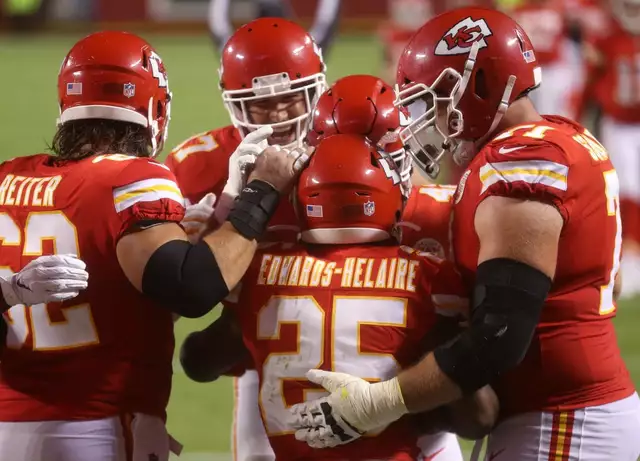Sportsmanship in Soccer: Why Fair Play Matters
When you watch a match, you want the action, the drama, and the skill. But the real magic happens when players respect each other, the referee, and the fans. That's sportsmanship – the simple idea that a game is more enjoyable when everyone plays by the rules and treats opponents with respect.
Good sportsmanship starts with small gestures: shaking hands after a tough loss, helping a teammate up after a slip, or congratulating the other side on a great goal. Those moments show that the love of the game is bigger than the desire to win. They also set a tone for younger players watching on TV or in the stands.
Why Fair Play Improves the Match
First, fair play keeps the game flowing. When players argue with the referee or dive for a penalty, the match stalls, and fans get bored. A clean, fast‑paced game holds attention and makes the outcome feel earned. Second, it protects players from injury. Reckless tackles and violent conduct often stem from a lack of respect. By staying disciplined, players reduce the risk of serious harm to themselves and others.
Third, sportsmanship builds a stronger community. Fans love to cheer for teams that play the right way. Clubs with a reputation for fairness attract sponsors, media coverage, and more supporters. That extra backing can translate into better facilities, youth programs, and a bigger future for the sport.
Practical Tips for Players and Fans
Players can improve their sportsmanship with a few daily habits. Before every training session, take a minute to set an intention: “I’ll respect the referee and my opponents today.” During games, keep your tone calm, even when a call feels unfair. If you make a mistake, own it quickly – a quick apology can stop tension from blowing up.
Fans also have a role. Cheer loudly for good play, regardless of the team. Avoid chanting at officials or using abusive language online. If you see a young fan copy negative behavior, point them toward the good examples you see on the field.
Coaches should reinforce these values by rewarding players who show respect, not just those who score. A simple “well done on that clean tackle” goes a long way. Youth academies that teach sportsmanship early produce adults who understand that winning isn’t everything.
In short, sportsmanship is the glue that holds soccer together. It makes matches exciting, keeps players safe, and builds a loyal fan base. Whether you’re kicking the ball, coaching the squad, or cheering from the stands, a little respect goes a long way. So next time you’re on the pitch or in front of the TV, ask yourself: am I helping the game stay fair and fun? The answer will shape the sport you love for years to come.
31
Have soccer teams ever agreed to play for a draw?
Alright folks, I've got an interesting one for you today. Have soccer teams ever winked at each other and agreed to play for a draw? Well, officially, no, that's a big no-no in the world of soccer. But between you and me, the whispers in the grapevine suggest it's happened more than once. So, next time you see a zero-zero game, remember it might not be due to lack of skill, but a secret gentleman's agreement to play it safe. Cheeky, isn't it?



